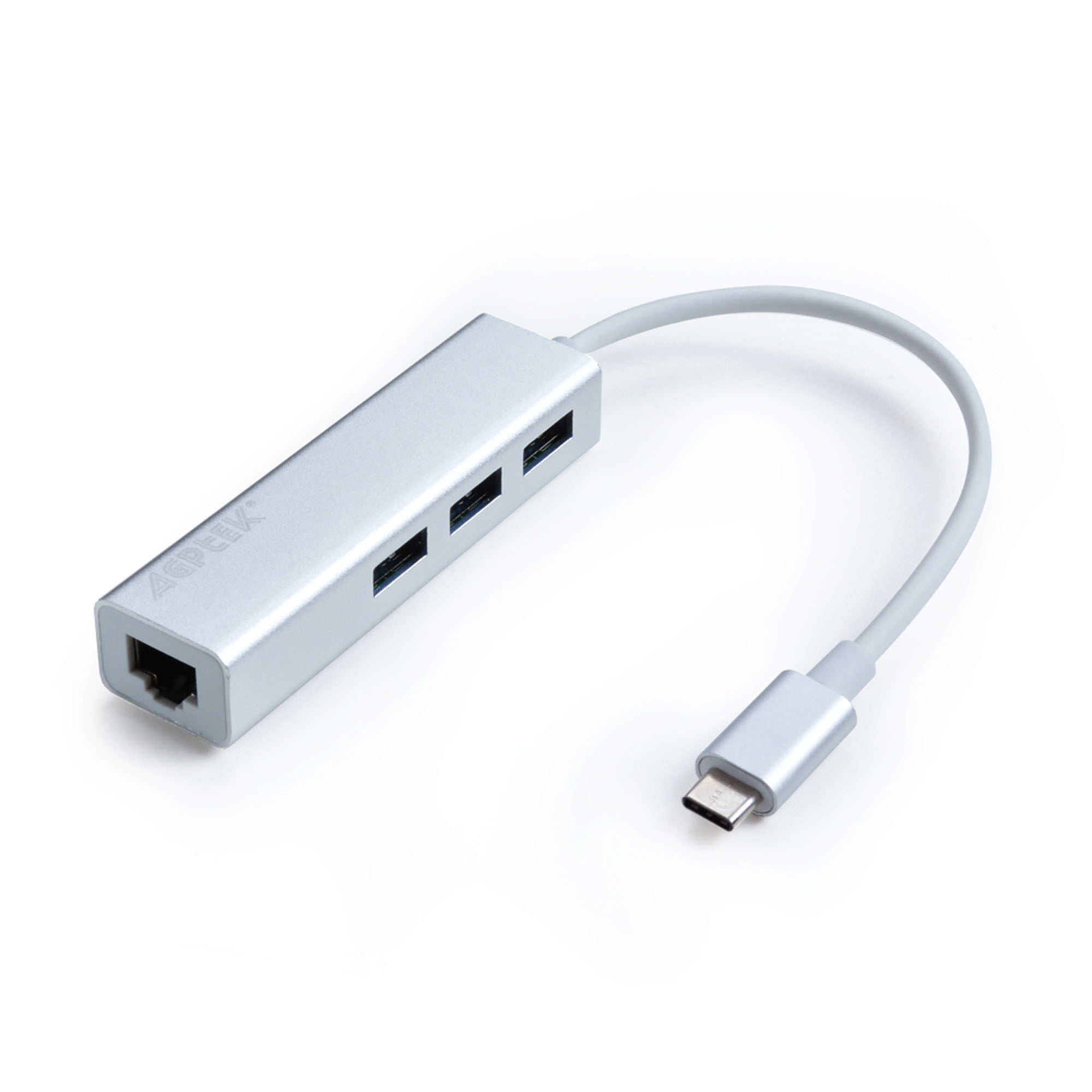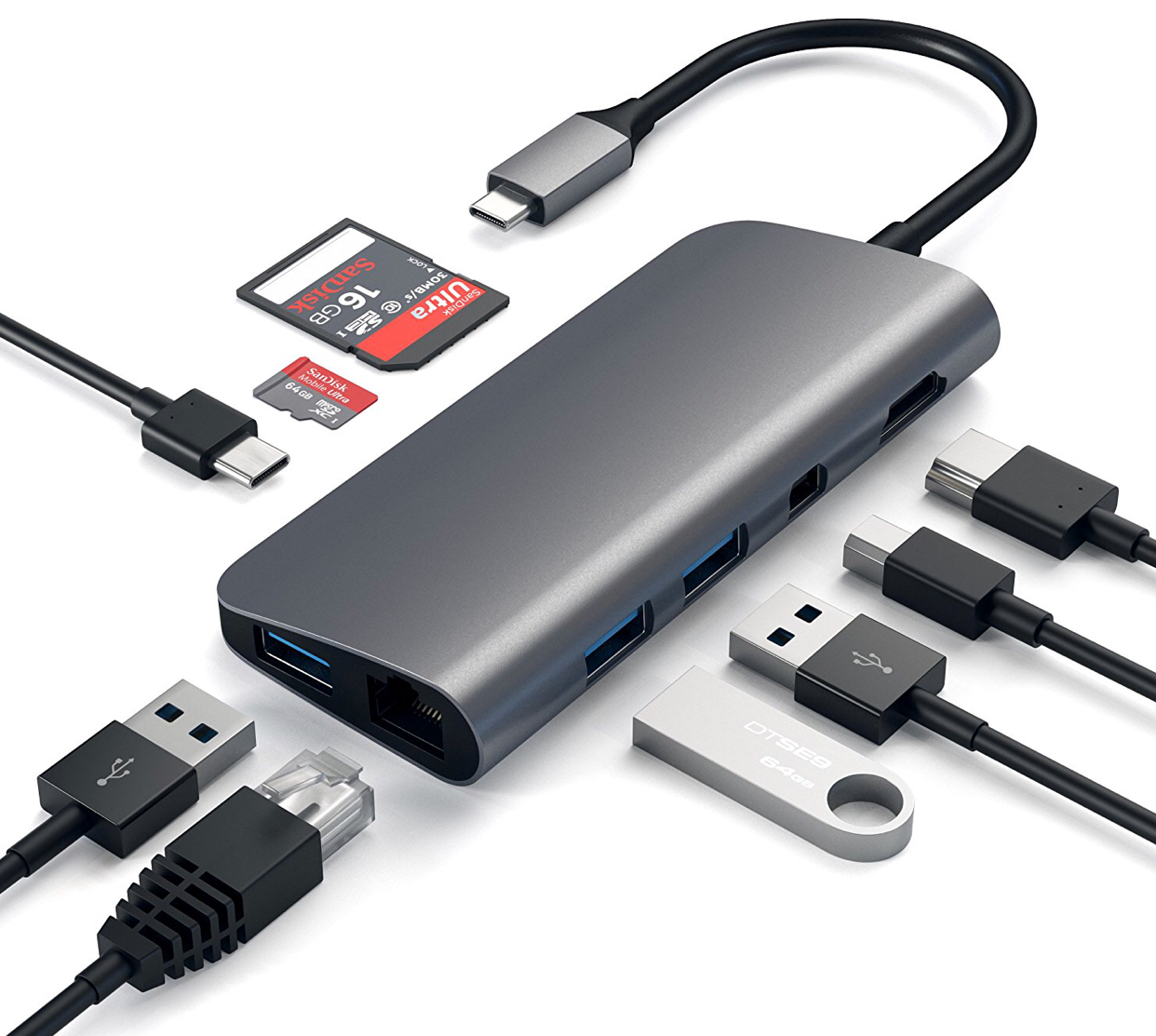


The BrexLink Micro USB to USB-C adapter is a mix of standard design and speed-oriented features. You just may want to think twice before trying to stream 4K or 8K content across your USB-C adapter. Fortunately, the available speeds are more than adequate for most people in most circumstances. That means you’re not going to reach the incredible speeds typically available with USB-C connections. With respect to capacity, Micro USB to USB-C adapters will be brought down to the USB 2.0 standard for which Micro USB was constructed. But if you’re using something a little more obscure or particularly dated, you’ll want to take an extra moment to ensure your devices are supported. If you’re using mainstream devices like the iPhone or Samsung Galaxy S8, then you’re not going to have to work hard to find compatibility with your devices. But it’s not always as standard and universal as you’d expect.
USB TYPE C ADAPTER DRIVER
The way that USB ports communicate with devices and adapters is with the help of fairly universalized driver software. Compatibility and CapacityĪdapters are usually as simple as plug-and-play. In short, build quality isn’t something you should overlook if you expect to use your adapter for more than a year. And the problem only gets worse from there, until finally you’re forced to trash the adapter. It might not seem like much at first, but the moment your adapter has been worn to the point it can no longer make a perfectly snug connection, even minor vibrations and movements can cause your adapter to disconnect. Some adapters hold up to that wear and tear better than others, and that’s something best reflected in the quality of the build. Nevertheless, any device that is connected and disconnected from a USB port will gradually experience wear and tear. They’ve got few parts, and few places to fail. Luckily, USB-C adapters tend to be one of the simpler types of common adapters in use today. The build quality of an adapter is always worthy of concern. Conversely, if you’re using a 2A device and a 3A adapter, you’re not going to speed-up to 3A charge speeds. For example, if your desktop computer has a 3A USB port, and you’re using a 2A USB-C adapter, then you’re going to end up with charge speed reflective of the 2A provided by the powering device.


 0 kommentar(er)
0 kommentar(er)
